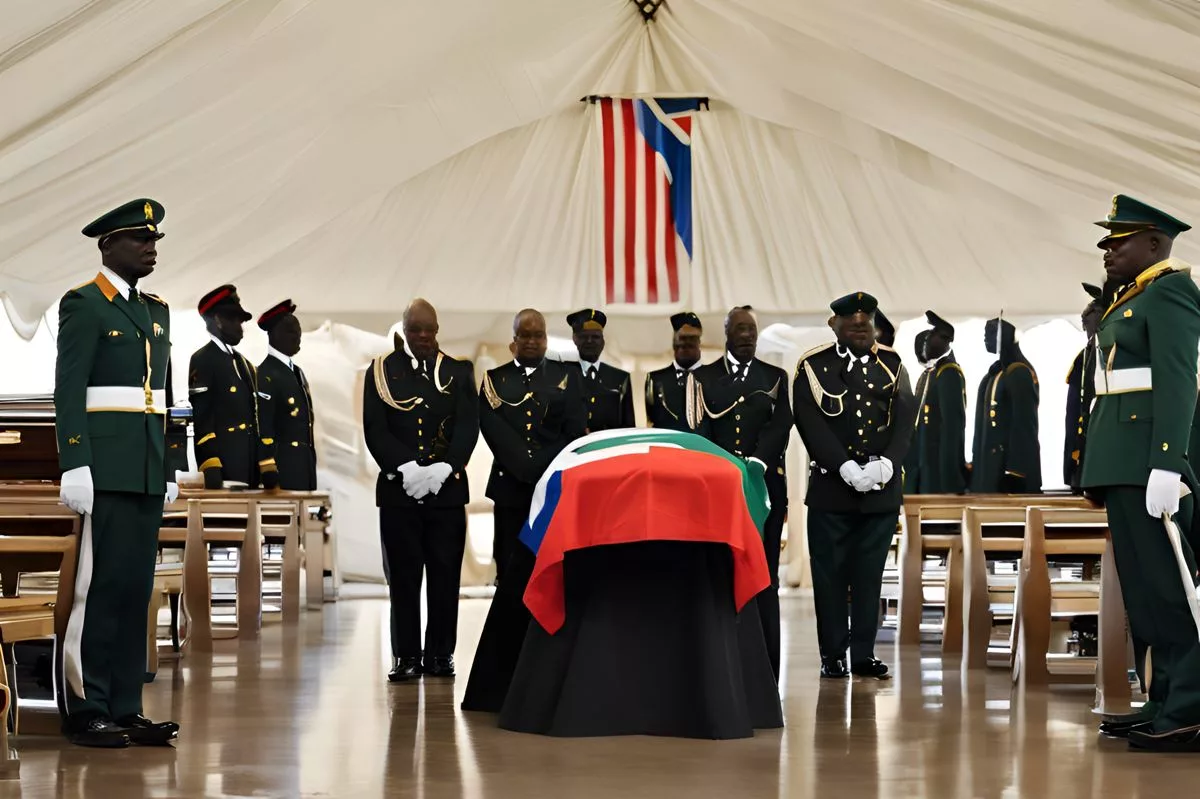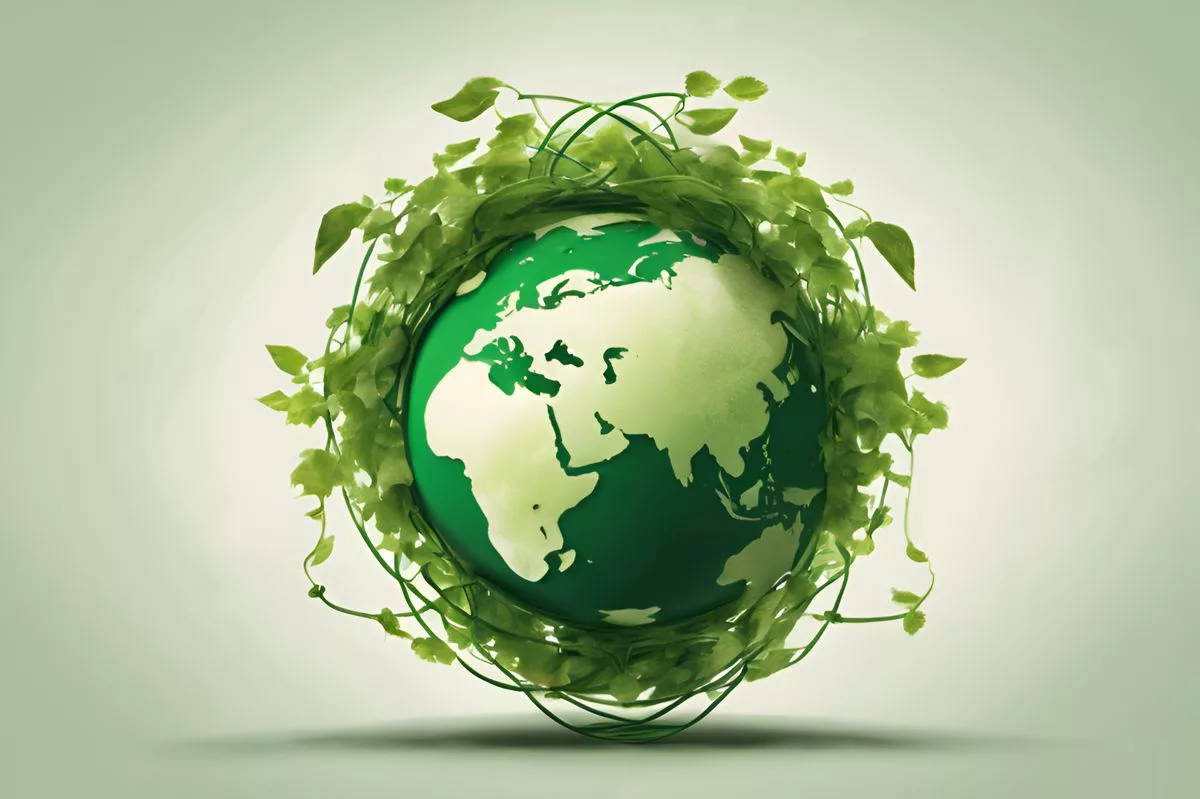On a heartfelt evening, South Africa welcomed back the remains of 49 brave liberation fighters who died far from home, honoring their incredible sacrifices for freedom. Families gathered at Waterkloof Airforce Base, filled with mixed emotions of sorrow and relief, as they finally found closure after many years. Minister Angie Motshekga delivered a moving speech, reminding everyone of the high cost of freedom these heroes paid. This repatriation is not just about returning remains; it’s a powerful step towards healing and remembering the struggle against apartheid. As South Africa moves forward, it promises to cherish and honor the stories of those who fought for a better future.
What is the significance of the repatriation of liberation fighters in South Africa?
The repatriation of 49 liberation fighters signifies South Africa’s commitment to honoring those who sacrificed their lives for freedom. This poignant event provides families with closure and acknowledges the lasting impact of apartheid, emphasizing the importance of remembrance and reconciliation in the nation’s healing journey.
A Poignant Ceremony at Waterkloof Airforce Base
On a significant Wednesday evening, September 25, the South African government took solemn custody of the remains of 49 liberation fighters who perished in exile in Zimbabwe and Zambia. This poignant event unfolded at the Waterkloof Airforce Base, drawing families and dignitaries to honor these fallen heroes. The ceremony was a heart-wrenching yet profound moment, highlighting the immense sacrifices made for South Africa’s freedom and shedding light on the enduring pain, resilience, and hope that pervade the nation’s history.
Minister of Defence and Military Veterans, Angie Motshekga, addressed the somber gathering, underscoring the tremendous sacrifices these brave individuals made for the liberation of South Africa. “The message is one of gratitude to families who had daughters, sons, fathers, and mothers who paid the ultimate price for our freedom. We are here because they made the final sacrifice,” she stated. Her words served as a powerful reminder of the cost of freedom and the profound impact it has had on the nation’s journey—an impact that came at a significant human cost.
This repatriation event is part of an ongoing endeavor. Motshekga elaborated, “The plan now is to carry out mass repatriations,” noting that efforts have been in motion for the past two years. These mass repatriations, filled with logistical challenges, have provided valuable lessons that will guide future efforts to bring home more heroes from other countries.
Personal Stories of Pain and Closure
Amid the formalities, the voices of the families echoed a blend of relief, sorrow, and a sense of closure that had been long in coming. One of the returned remains was that of Basil February, who died in Zimbabwe. His brother Terry expressed bittersweet relief, reflecting on their mother’s unfulfilled wish, who passed away 11 years ago, to see this day. Terry had promised her to bring Basil’s remains home. “This process has opened some old, deep wounds, and it will take time for those wounds to heal. But I feel that the healing process has begun,” he said.
Onica Mahlangu, another grieving sibling, spoke of her brother Bennet Sibanyoni’s death in Zambia nearly 40 years ago. The brutal apartheid security forces took everything belonging to him, leaving the family with no keepsakes. “I have mixed emotions. It feels like I am being told of his death for the first time. That’s how much it still hurts,” Mahlangu shared, highlighting the enduring pain inflicted on families. Yet, she also conveyed a sense of peace, expressing thanks to the government for not forgetting their plight and helping them bring Bennet’s remains home.
Makabelo Msiza recounted the arduous journey to repatriate her sibling’s remains, which had spanned decades. She felt immense joy and relief, knowing she could finally lay her brother to rest near their parents. “President [Cyril] Ramaphosa has done a significant thing for us. I knocked on many doors with no help, but today, because of President Cyril Ramaphosa, everything has been resolved,” Msiza noted, emphasizing the long-awaited resolution to her family’s heartache.
A Commitment to Remember and Honor
The ceremony at Waterkloof Airforce Base also highlighted a significant upcoming event. President Cyril Ramaphosa is set to lead a repatriation and restitution ceremony at the Freedom Park Heritage Site and Museum in Tshwane. Organized by the Government Communication and Information System (GCIS), this event will officially mark the return of these liberation fighters to their homeland. Following this, reburial ceremonies will take place in the provinces of their origin, ensuring they are laid to rest with the dignity and respect they deserve.
The Exile Repatriation Programme, steered by the National Policy of Repatriation and Restitution of Human Remains and Heritage Objects of 2021, exemplifies South Africa’s dedication to honoring those who fought for its freedom. By repatriating former liberation fighters who died in exile, the country ensures they receive the recognition and burial befitting their sacrifice. This extensive process has involved collaboration with regional governments, historical experts, and local communities to guarantee a respectful and well-coordinated return.
The Broader Impact and Significance
The return of these 49 liberation fighters is not merely a historical event but a deeply personal one for the families involved. It underscores the lingering impact of apartheid and the ongoing efforts towards reconciliation and healing. Their stories remind us that the struggle for freedom was not abstract but filled with individual lives and families who bore the brunt of the fight against oppression.
Through these repatriation efforts, South Africa continues to acknowledge the sacrifices of those who fought for its liberation. It also demonstrates a commitment to honoring their legacy, ensuring that future generations understand the cost of freedom and the importance of preserving this hard-won power. The arrival of the remains may mark the end of a long journey, but it also signifies the beginning of a new chapter of remembrance and respect for those who laid down their lives for a free South Africa.
This deeply moving event serves as a testament to the enduring spirit of South Africa’s people and their unwavering commitment to honoring their heroes. The repatriation of the liberation fighters is a powerful reminder of the sacrifices made for freedom and the ultimate price paid by those who believed in a better future for their country. As South Africa continues to heal and build a more inclusive society, the remembrance and respect afforded to these fallen heroes will stand as a lasting tribute to their courage and dedication.
FAQ: Honoring the Fallen – South Africa Repatriates Liberation Fighters
What is the significance of the repatriation of liberation fighters in South Africa?
The repatriation of 49 liberation fighters signifies South Africa’s commitment to honoring those who sacrificed their lives for freedom. It provides families with closure and acknowledges the enduring impact of apartheid, emphasizing the importance of remembrance and reconciliation in the nation’s healing journey.
When and where did the repatriation ceremony take place?
The repatriation ceremony took place on September 25 at the Waterkloof Airforce Base. This event gathered families and dignitaries to honor the remains of those liberation fighters who perished in exile in Zimbabwe and Zambia.
Who addressed the attendees during the ceremony?
Minister of Defence and Military Veterans, Angie Motshekga, delivered a poignant speech during the ceremony. She emphasized the sacrifices made by these individuals for South Africa’s liberation and expressed gratitude to the families for their enduring strength amidst profound loss.
What are the next steps following the repatriation ceremony?
Following the ceremony at Waterkloof Airforce Base, a repatriation and restitution ceremony led by President Cyril Ramaphosa will take place at the Freedom Park Heritage Site and Museum in Tshwane. This will be followed by reburial ceremonies in the provinces of origin for the fallen heroes.
How does the repatriation relate to South Africa’s broader efforts of reconciliation?
The repatriation is part of the Exile Repatriation Programme, which reflects South Africa’s dedication to honoring those who fought for its freedom. This effort illustrates the ongoing process of reconciliation and healing by acknowledging the sacrifices made during the struggle against apartheid and ensuring that these individuals are remembered with the dignity they deserve.
What emotions were expressed by the families during the ceremony?
Families expressed a mix of relief, sorrow, and a sense of closure during the ceremony. Many shared personal stories of loss and longing, reflecting on the deep wounds caused by the past while also conveying gratitude for the government’s efforts to bring their loved ones home, marking the beginning of a healing process.












